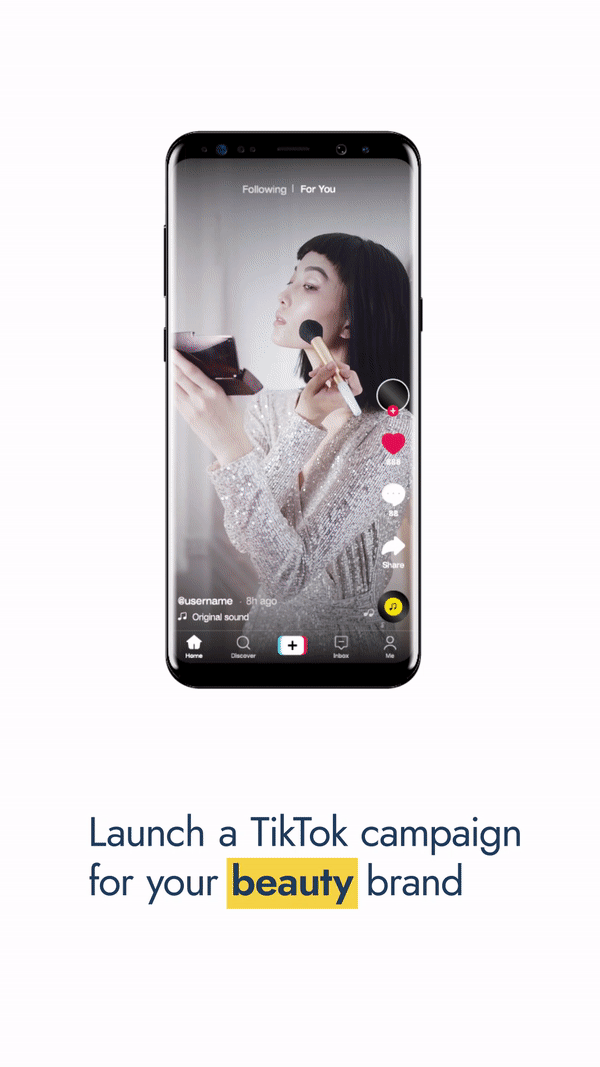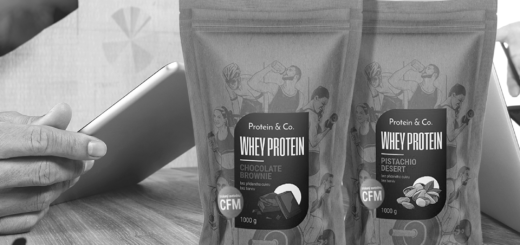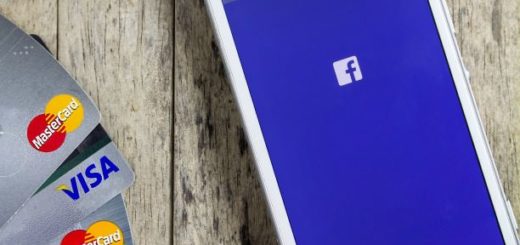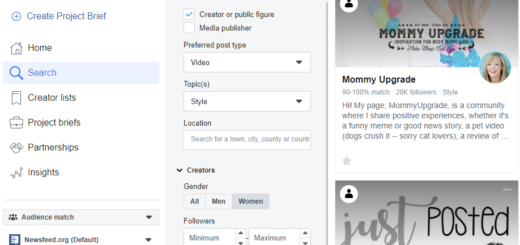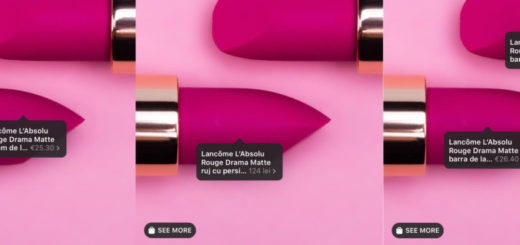
How does the shopping behaviour of users abroad differ from their home country? Lukas Krejca, the Head of MENA operations at Business Factory has decided to show you patterns of online shopping behaviour in Dubai, more specifically in developed Arab countries.
Let’s start by highlighting the key characteristics of the audiences residing in UAE. Roughly 85% of Dubai’s population is formed by expats, people coming from a country different to the United Arab Emirates (UAE).
Marketers have to know how to communicate well with people from all over the world may it be a British person, an Indian, a Filipino or a Syrian. Each of them may be accustomed to a different level of service, sales approach and communication. And this is a true challenge for marketers.
Marketers in the Europe and especially in Czech Republic (where our headquarters are) have one more considerable advantage: their customers usually understand Czech so the communication itself is in Czech as well. However, in the UAE there are English and Arabic used on all levels of communication. While at least half of all the population cannot speak Arabic at all, a native speaker of Arabic will have a better feeling reading the message in Arabic. Most of the projects are thus in two languages – Arabic and English. This implies not only the demand to translate all texts but also e.g. extensive planning of campaign structure.
Mobile Applications
Mobile applications clearly represent the main trend in MENA (Middle-East and North Africa) region. While in the Czech Republic we have still been talking (for five years already) about mobile phones finally being the greatest trend of the year, our Dubai clients’ e-shops already get more than 50% of their revenues through mobile devices. Based on Digital survey in 2018, about 36% of the US population shop through mobile phones and in Germany it is 26%. The UAE ended up with 45% in the third place behind South Korea and Thailand. It won’t thus come as a surprise to you that the UAE and Saudi Arabia are among the five top countries as far as the time spent using mobile phones is concerned.
The key to success of e-shops is mobile applications. Mobile websites don’t usually provide the best shopping user experience. E-shop applications, however, can be easily controlled and additionally, e-shops can collect extensive data about their users. This trend works with other clients, too. They are now focused mainly on mobile apps where new functions, changes in appearance or placement are introduced pushing the desktop and mobile websites into second place.
Selling Cheap Goods Through FB/whatsapp
A very important fact is that almost 99% of the UAE population is online, which makes the UAE one of the most online countries of the world. Moreover, almost all these internet users are active on social networks (99%, the same as in Qatar), which is absolutely essential for marketers. While in the Czech Republic Facebook is a preferred social network, users in the UAE are very active also on Instagram, Snapchat or Twitter. Social networks are a key channel for e-shops; for each of them differently though.
Unlike the Czech Republic, we can see a very different approach to communication with individual income groups. The social divide between the poor and the rich (here I speak about those who own up to one Lamborghini – the richest ones don’t even need to be mentioned) is huge in Dubai. E-shops focusing primarily on low income groups are easily found in the UAE. These e-shops sell their goods (usually cheap stuff from Asia or cheap fake goods of western brands) directly on social networks. It’s just enough to place a picture of a nicely-priced product on Facebook and the users will automatically start ordering the product based on comments about the post. They leave their phone number and the e-shop gets back to them later (usually through Whatsapp) to confirm the order and delivery address. Whatsapp is an essential part of customer support and online business in MENA region. Besides the fact that its users order goods through it, it also is a very frequent communication channel for many companies. Through Whatsapp you can buy a car, rent out a flat, open a bank account or send data to an accounting company.
Level of Service
A great difference between both markets is in the level of delivery service. When shopping online in Prague, it’s always necessary to order at least one day ahead. On the day of delivery I usually get a text about my purchase being delayed. In Dubai groceries can be ordered through a mobile app and a purchase is delivered from a local grocery shop from 15 to 30 minutes. Even though a particular grocery shop doesn’t use one of the commonly used applications, Instashop or Elgrocer, in 99% of cases it’s just enough to call the shop or send them a text through Whatsapp.
Restaurants work on a similar basis. Practically each of them offers food delivery services. They use either their own couriers on motorbikes or services such as Uber Eats or Delivercoo which provide these restaurants with both ordering and logistics platforms.


